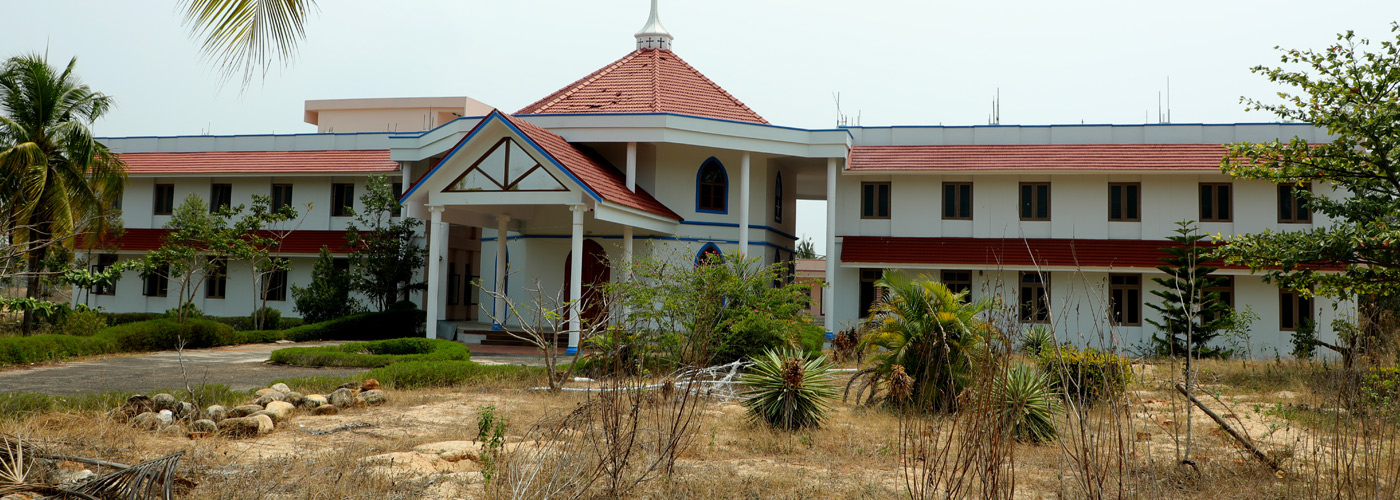

Family : VERBENACEAE
Synonym : Gmelina sinuate Link
Common Names : Kumalu, Kumbil, Kumizhanpazham, Kumizhu, Sevana, Gambhari, Candahar tree, Coomb teak, Cashmeri teak, Gamari, Kambari, White teak
Flowering Period : January-June
Distribution : Indo-Malaysia
Habitat : Moist and dry deciduous forests, also in the plains
Uses : The fruit is edible. The flowers are mixed with rice to make a delicious cake-like festive dish that is eaten on the traditional New Year. The bark, leaves and roots contain traces of alkaloids and are used medicinally in the plants native range. The roots have great medicinal value as a blood purifier, laxative, stomachic, tonic and as an antidote to poisons. The leaf sap is used as a demulcent to treat gonorrhoea and cough, and is also applied to wounds and ulcers. The tree is often grown as a windbreak and as a hedge. Both the wood ash and the fruit yield a very persistent yellow dye.
Key Characters : Deciduous trees, to 20 m high. Leaves simple, opposite, margin entire. Flowers bisexual, yellow with orange-pink shade, in terminal panicles. Calyx campanulate, 5 toothed, tomentose. Corolla bilabiate, tube ventricose, lobes 5. Stamens 4, didynamous. Ovary superior, syncarpous, ovules 4. Fruit a drupe